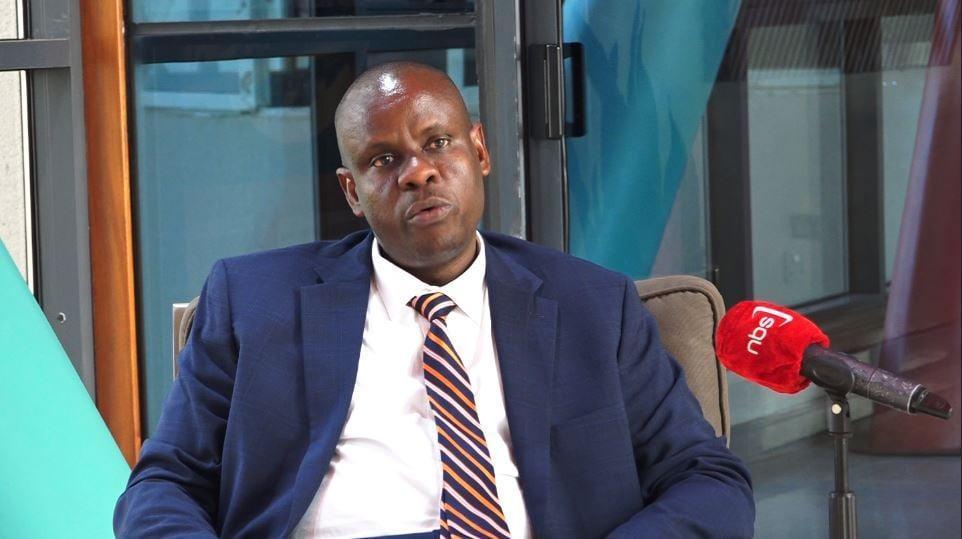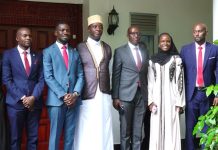Africa-Press – Uganda. The National Council for Higher Education (NCHE) has raised alarm over the misuse of honorary doctorates in Uganda, cautioning recipients against using the title “Doctor.”
In a press release issued this week, NCHE stated that many individuals awarded honorary degrees—both locally and internationally—have been using the title “Dr.” inappropriately, prompting the council to restate its formal guidance.
“An honorary award (Honoris Causa) is not an academic award, therefore, cannot be used for academic, professional or work-related purposes,” the statement clarified.
According to NCHE, honorary doctorates are purely ceremonial and may only be conferred by recognised institutions, including public universities, private chartered universities, and accredited degree-awarding bodies.
The degrees typically fall under three categories—Doctor of Laws (LLD), Doctor of Letters (DLitt.), and Doctor of Sciences (DSc.)—granted in recognition of exceptional contributions to society or academia.
“The nomenclature for honorary awards shall clearly specify any of the three categories and shall not include ‘PhD’ anywhere,” the council emphasised.
Furthermore, recipients are required to present their titles with an explicit indication that the degree is honorary. “A holder of an honorary degree shall be required to indicate in the title that the award referred to is honorary and not academic as follows, e.g., Daniel Musheke, LLD (Hon. Causa),” the statement said. “They must not present themselves as Dr. Daniel Musheke or Daniel Musheke (PhD).”
NCHE also warned that foreign honorary degrees must meet the same standards before they can be recognised in Uganda.
The council urged members of the academia, the media, and the general public not to refer to honorary degree holders as “Doctor” either orally or in writing. The press release, signed by NCHE Chairperson Professor Joy C. Kwesiga, calls on all stakeholders to adhere strictly to these guidelines.
Uganda’s position mirrors similar action taken by its regional counterparts. In March, the Malawian National Council for Higher Education (NCHE) released a similar directive, stating: “The recipient of an honorary doctorate degree should not address himself or herself as ‘Doctor.’”
The Malawian authorities warned that honorary doctorates do not qualify as academic credentials and are therefore not a legitimate basis for the use of the title. “Neither the media nor the public should refer to recipients as ‘Doctor,’” the Malawian council stated.
The Malawi directive came amid growing concern about the increasing trend of using honorary doctorates to claim academic prestige, especially among public figures and celebrities.
Uganda has faced similar issues, including online backlash after some public officials adopted the title following honorary awards.
This continental shift in enforcing academic integrity underscores the growing effort to protect the credibility of academic qualifications across the region. Both Uganda and Malawi’s NCHEs have taken a clear stance: honorary titles belong in the achievements section—not in one’s professional identity.
For More News And Analysis About Uganda Follow Africa-Press






